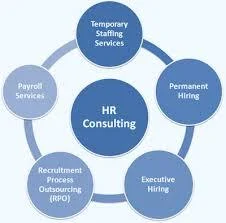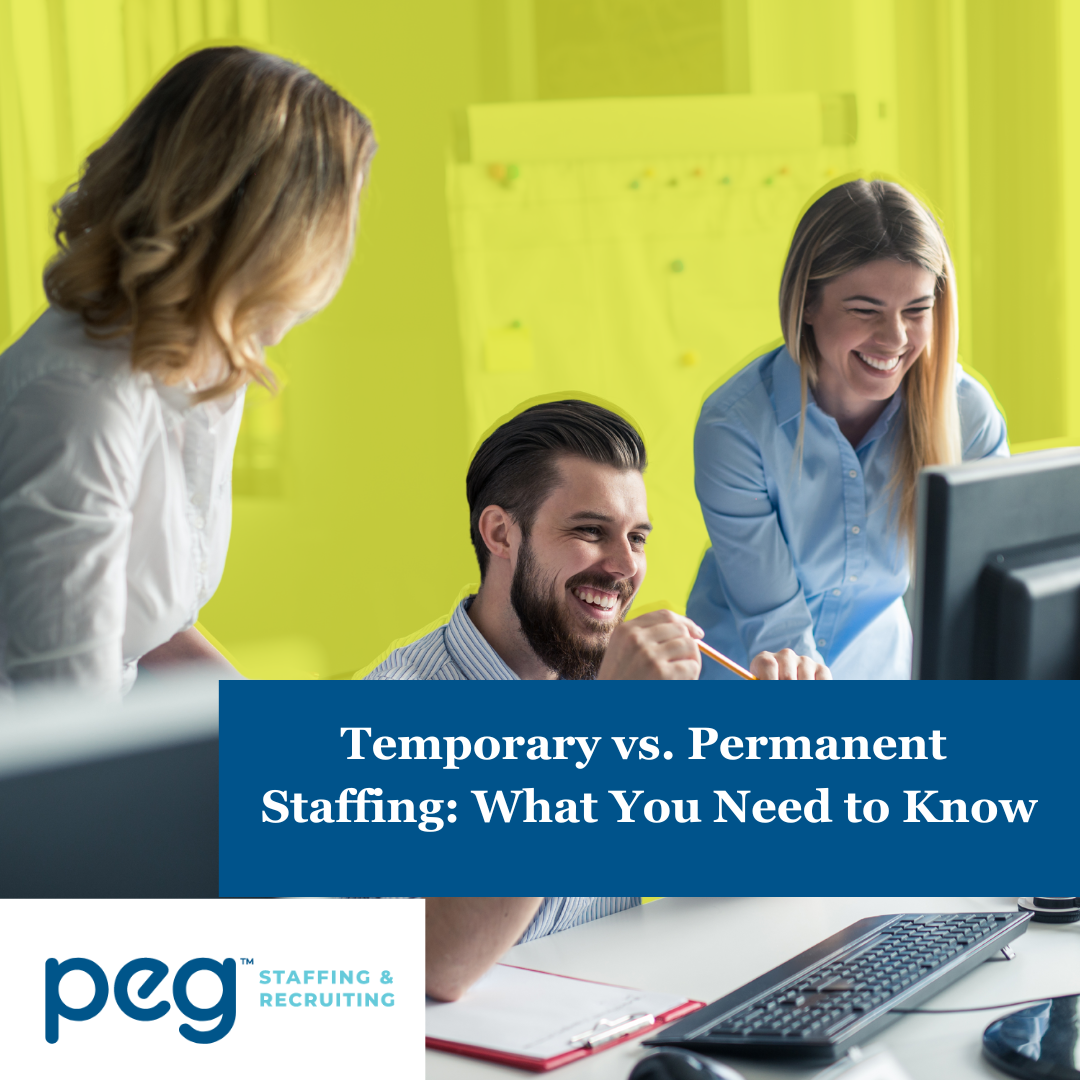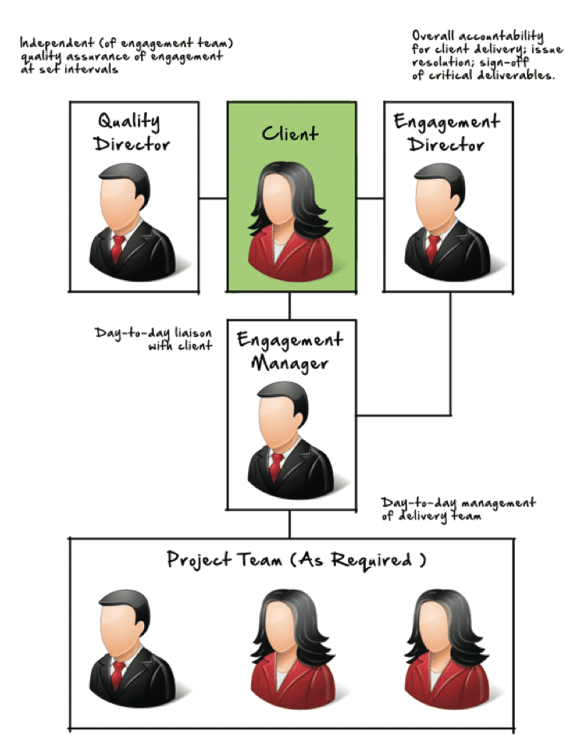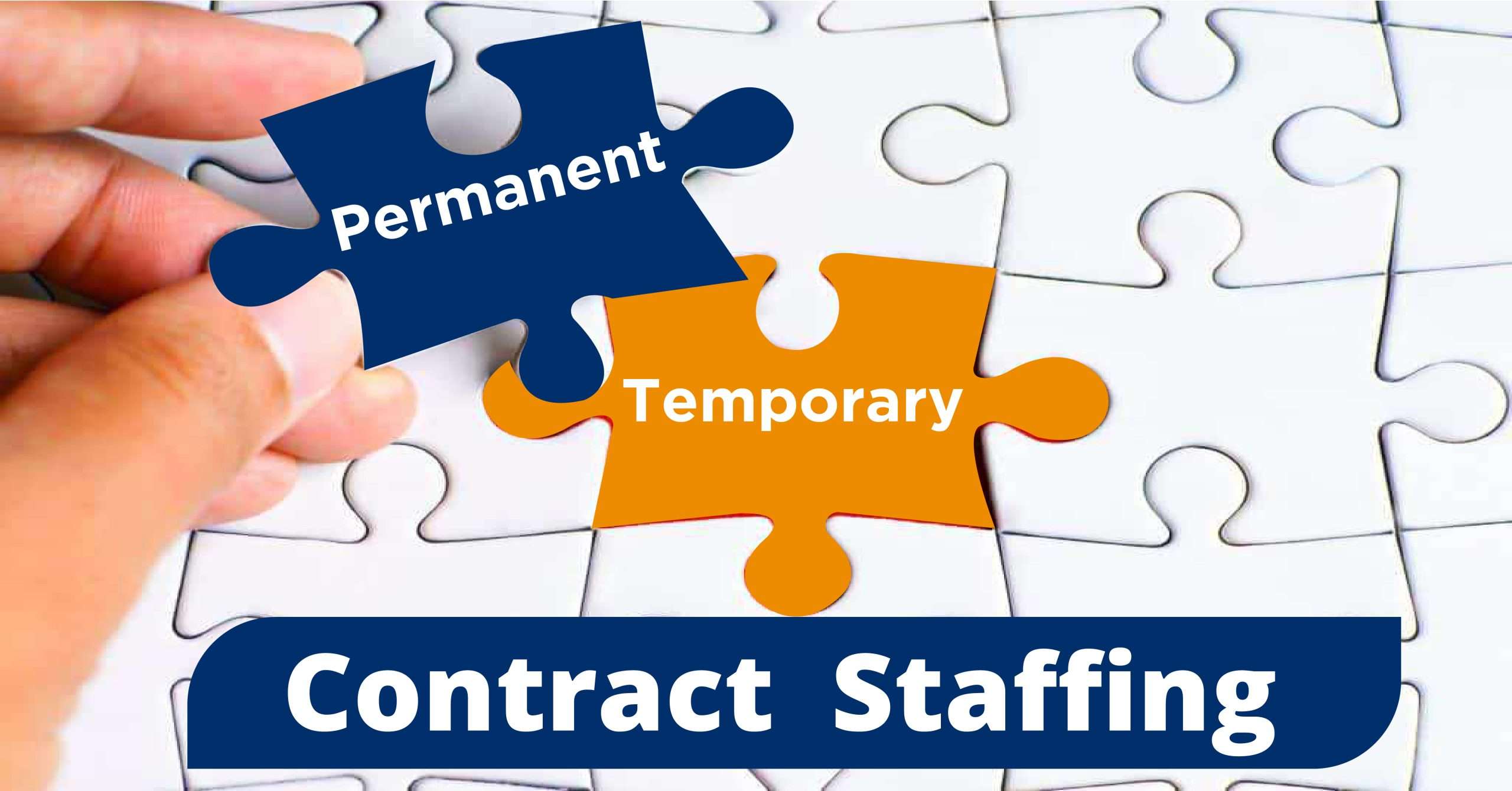 Have you ever felt you are tiptoeing through a regulatory minefield on outsourcing? You’re not alone. Many can concur that the globalized nature of outsourcing brings a myriad of compliance challenges. In this post, we will provide a clear roadmap to conquer the international compliance obstacles in outsourcing.
Have you ever felt you are tiptoeing through a regulatory minefield on outsourcing? You’re not alone. Many can concur that the globalized nature of outsourcing brings a myriad of compliance challenges. In this post, we will provide a clear roadmap to conquer the international compliance obstacles in outsourcing.
We will talk about the significant global regulative structures available to help services evaluate and handle possible threats related to outsourcing. We also consist of country-specific regulations and to assist business establish and execute more proactive steps.
By the end of this read, you will not just have compliance understanding – you’ll have a strategic toolkit. Ensuring your outsourcing endeavors fulfill regulatory requirements and offer your service an one-upmanship. Let’s start.
Understanding international compliance, best practices, & ramifications
Global compliance refers to the international requirements, rules, and standards organizations and outsourcing partners need to follow. It ensures they can operate lawfully and fairly in the nations they wish to operate, contract out operations, or supply services. It likewise keeps the security of staff, consumers, clients, and stakeholders.
Global compliance covers a wide variety of locations, and we’re here to assist you through every layer.
I. Labor & work policies
One benefit of having an outsourcing partner is accessing to the global talent pool. If you have specialized skills and expertise that are not readily offered in-house, they can supply them. Once they do, abide by all the regional and international labor laws and regulatory compliance practices. This makes sure companies appreciate employees’ rights and treat them fairly and ethically.
Coca-Cola is one organization that sets a fine example. Their workplace rights application guide covers labor laws and requirements they adhere to to maintain the employees’ well-being.
The company also abides by security and health laws, policies, and internal requirements. This helps them, as an employer, to offer a safe, healthy, and efficient office.
Before entering a collaboration, confirm if your selected contracting out business observes labor laws and ethical sourcing practices. Are they providing sensible working hours, sick leaves, and fair incomes? Reviewing the contracting out company’s labor policies and staff member handbooks is one way to validate. You can likewise request their compliance certifications, such as:
Fair Trade accreditation
Carbon Trust Standard
Fair Labor Association (FLA) Accreditation
SA8000 (Social Accountability International Standard).
ISO 45001 (Occupational Health and Safety Management System).
Best practices: Create joint policies
Outsourcing partners represent your brand name globally. So, your service needs to line up with them in every element. You can develop joint policies to guarantee they share your dedication to maintaining high requirements.
Joint policies will clearly lay out the legal and ethical requirements expected from both celebrations. It might include security procedures, data privacy, and other industry-specific standards. You can also develop organization evaluations to set clear expectations. The assessments cover the deliverables, quality of work, performance standards, and even candidate-job matching.
Use centralized file repositories to house all the joint policies. You can keep it in cloud-based document management systems (DMS), compliance management systems, or develop an understanding management system on your shared cooperation platform. It makes it more available and much easier to share. Here are 2 excellent alternatives:
OnlyOffice
Is an exceptional choice for DMS since you can work together with your outsourcing partners on different documents. It provides 5 editors (document editor, spreadsheet editor as an alternative to Microsoft Excel, discussion editor to make presentations, fillable forms, and PDF editor), and they are all safe. This software complies with international security requirements and includes 3 levels of encryption.
Tettra
Is your go-to option for knowledge base and management software. You can develop a knowledge base through its easy editor or Google Docs file. It also uses AI to instantly address your workers’ concerns through the app or Slack.
If these choices don’t make the cut, you can constantly find OnlyOffice and Tettra alternatives. You can find a knowledge base platform that matches your team’s purpose and size. When checking out alternatives, ensure to likewise think about the following:
Search performance.
Collaboration features.
Customization alternatives.
Interface’s user-friendliness.
Access Controls and Security.
II. Data protection & personal privacy laws
Each country has its own Data Protection Authorities (DPAs). Their main responsibility is monitoring how companies collect, procedure, store, use, and transfer personal data. They can enforce penalties on companies that stop working to meet their needed standards.
Most worldwide DPAs demand that businesses include a personal privacy policy on their websites or apps. The precise content of the privacy policy will depend on the nature of the service and legal jurisdictions (home country and target market area). You can start with a basic personal privacy policy if you fulfill any of the list below requirements:
Data collection has very little effect on users.
Collects basic info (ex., name and e-mail).
No interactive functions are available on the website.
Doesn’t use third-party services that gather additional user information.
The site does not require account production or registration for users.
Sokisahtel OÜ’s Sockdrawer, a modern design hosiery and socks seller, functions as an excellent example. It just provides a general privacy policy since it just asks for standard details on its account registration. They likewise use those details for interaction, threat avoidance, and invoice production. Lastly, they do not utilize third-party services since they just gather details through their website.
Sokisahtel OÜ offers a basic privacy policy, but they guarantee to include customers’ most common concerns, such as:
For how long will we keep your data?
When will we ask you for approval?
Who else has access to your information?
In what other methods can we utilize your data?
However, information personal privacy legislations (i.e., GDPR and CPRA) legally obligate entrepreneur to consist of a more detailed personal privacy policy if they operate a site, desktop app, and mobile app. eCommerce is one market required to include this type of privacy policy in all of their platforms. Shop Solar, a total solar and storage options provider, is a fantastic example.
Aside from the basic information, they likewise describe how they will utilize personal information in their marketing campaigns and interactions. With this practice, Shop Solar must abide by the California Online Privacy Protection Act (CalOPPA) to provide users with an opt-out alternative. They provide this with a notification of the right to opt-out and a link where they can make the opt-out demand.
Shop Solar also complies with the General Data Protection Regulation (GDPR) due to the fact that it offers items and services within the European Union. They focused their notification on information sharing outside the European Union, Canada, and the U.S.
Best practice: Always add kids’s online personal privacy defense notification
Everyone has access to the internet nowadays, including minors. That’s why information personal privacy legislations like GDPR and COPPA obligate entrepreneur to notify parents and guardians about their practices. They can inform them with a direct notification put plainly on the homepage, landing page, or places where they gather personal information.
Regarding the notice, there is no specific format. MedicalAlertBuyersGuide.org, for instance, offers a simple explanation that their services entirely address individuals age 18 and older. Specifically to the senior due to the fact that their service revolves generally around looking into and comparing individual emergency action systems. They in some cases share suggestions (travel and lifestyle). But still, these are meant for anybody moving into older age and AARP members.
They encourage moms and dads and guardians to contact them if their kids unwittingly offer them with their personal details. They will eliminate it from their servers as soon as they get it.
III. International financial & tax compliance
Making smart monetary choices is crucial to provide chain operations. Start learning your home country’s financial and tax systems and contracting out destination to identify opportunities and reduce compliance risks. Here are the aspects you ought to understand about:
Processes.
Filing due dates.
Withholding tax considerations (coordinate with tax authorities).
Tax compliance requirements (i.e., corporate earnings tax, value-added tax).
Forms and files (i.e., monetary statements, transfer pricing documentation).
We suggest collaborating with your outsourcing partners. You can discuss policies and procedures that you both should follow and establish a reliable preparation procedure. Financial and tax compliance is not only a legal responsibility. It’s an exceptional strategy to manage dangers and make the most of available rewards, credits, and reductions.
The latter will have a rewarding effect on your bottom line, creating substantial revenue. However, you ought to understand the credits and reward accessibility in various jurisdictions. You need to also remain current with the most recent modifications in tax laws.
Non-compliance and you will deal with the very same fate as Apple Inc. (Apple State Aid Case). After somebody implicated the business of getting prohibited tax breaks in Ireland, it came under examination. Though the European Central Court reversed the 2016 choice in 2020, Apple Inc. still suffered a huge setback in its fight. If they lose the tax case, they should pay more than 13 billion euros worth of back taxes.
Best practice: Do correct documentation
Tax filings include numerous financial records, transactional data, and various forms. Businesses ought to preserve accurate and complete documents. This guarantees you will not miss anything essential. Documentation is likewise handy for:
Audit routes
Dispute resolution
Work as evidence in legal procedures
Continuous improvement (performance metrics and feedback loops).
It can likewise assist you see if the outsourcing arrangement aligns with your home nation’s applicable standards and policies. This supplies the necessary insights to handle global compliance. With this level of openness, each party can instantly see if one celebration is committing scams.
IV. Service & product standards
Service and item requirements include guidelines and requirements to ensure dependability in various elements of shipment, performance, and quality. When product and services regularly fulfill (and even surpass) these developed standards, it strengthens positive experiences for consumers.
It also helps service owners develop a standard. Business owners will utilize this performance standard to right away identify locations that work and require improvements.
The International Organization for Standardization (ISO) is the most common entity that implements service and item standards. It assures customers that the product and services are safe to use, reputable, and high quality. Its requirements are organized based on the purpose or industry they serve.
ISO 13485: Medical gadgets industry.
ISO 37001: Prevent, spot, and address bribery.
ISO 50001: Development of an energy management system (EnMS).
Foreign Corrupt Practices Act: Compliance with anti-corruption laws.
ISO/IEC 17025: Testing, sampling, or calibration of all kinds of laboratories.
Some items or services can trigger injury or death. The Consumer Product Safety Commission (CPSC) protects the general public from these dangers. Aside from their own guidelines, they also cover different statutes to reinforce their consumers’ defense.
a. Consumer product safety ACT (CPSA)
Authorize the company (CPSC) to ban products that might or will trigger damage and pursue recalls.
b. Refrigerator safety act (RSA)
Requires manufacturers to set up a door system on refrigerators, allowing the door to open from the inside.
c. Labeling of harmful art products act (LHAMA)
Mandates that all art products that have the potential to trigger chronic health risks must bear a warning label.
Best practices: Evaluate suppliers & suppliers using product & service requirements
Company owner make item and service standards a crucial criterion in choosing providers and suppliers. This tactical approach helps them pick partners who uphold similar high requirements of quality and safety in their products and services.
Clear communication facilitates smoother interactions in between entrepreneur, providers, and vendors. It makes it much easier for service owners to provide their expectations and specific quality requirements to suppliers and vendors. They can likewise utilize it to offer performance feedback.
Some suppliers and suppliers use interaction channels to share the specific global compliance laws and legislation they apply to their operations. But some, like Vivion, likewise utilize its website’s product pages to share their compliance information.
Vivion is a respectable wholesale supplier of quality ingredients. They integrate all their compliance files into one file to show their dedication to ethical business practices. One example is its Calcium Carbonate item page.
Below the item’s requirements, you will discover the ready file all set for download. Click the “Get Documentation” button and fill in your name and email. They will send it to you right after. Some providers use their order forms and include compliance information as fine print.
You can likewise include it in the order form. Create customized order kinds and compose your compliance information in great print. Add the agency’s logo to make it simpler and easy to read.
Outsourcing & compliance trends to see in 2024
Stay present with market trends to ensure your outsourcing activities meet the most recent compliance requirements. We assembled the highlights in outsourcing stats. This will assist you revamp your international outsourcing efforts.
1. It outsourcing market
Infotech (IT) remains the top market to outsource in 2024. The reason lies in the continuous development of expert system (AI), robotic process automation (RPA), and cloud innovation. Today, many business online platforms and service intelligence (BI) tools use numerous innovations to supply excellent results.
Consider a metrics intelligence platform, for instance. Today, information has actually ended up being the most valuable company possession for making notified decisions. So, companies find immense worth in embracing this reliable tool. A metrics intelligence platform utilizes different technologies to catch, evaluate, and translate the output into digestible information.
A. Encryption, gain access to control, and so on.
Security innovations to protect the data.
B. Big data structures
Handle the processing and analysis of big datasets.
C. Data warehouses or cloud-based storage services
Store large volumes of structured and disorganized data.
D. Extract, Transform, Load (ETL) tools
Integrating data from numerous sources and changing them into a basic format.
Regulations for AI utilize
Since AI’s usage increased in the last few years, legislation is still under advancement. Only in 2023 did the EU Council and Parliament reach a provisional agreement (The AI Act proposition) to manage the usage of AI. Though the European Parliament will vote on it in early 2024, it will still work in 2025.
One country’s legislation is different from others. Check your home country and outsourcing location to discover the AI-focused regulations they impose. Here are the crucial aspects that you should try to find in the compliance commitments:
Security.
Fairness.
Accuracy.
Accountability.
Transparency.
2. Dropshipping market
The dropshipping market is growing and is anticipated to reach its worth of approximately $301.11 billion in 2024. That’s why it has actually turned into one of the most popular business designs over the last few years. But before adopting this service model, consider essential factors to ensure success.
Conducting comprehensive marketing research is the primary step. Here, you can recognize the rewarding specific niches with adequate need and workable competitors. Once you select one, you can start looking for providers.
Ensure you look for dropshipping providers with a track record of constant item quality, timely shipping, and worldwide service. They need to likewise reveal proof of compliance with different trading laws. Lastly, choose dropshipping providers suitable with different Ecommerce platforms software application for simple combination.
Remember to keep track of the market trends. It helps you update your product uses to satisfy the current customer preferences. Invest in an user-friendly eCommerce platform. Ensure your site is simple to navigate, with clear item descriptions and top quality images.
Regulations for dropshipping
Like a lot of organization models, dropshipping services need to get an organization license. This makes it simpler to submit taxes and prove the company’s authenticity. They need to also abide by the suitable law of the nation they’re supplying products to. Let’s state you’re dropshipping in New Zealand; you need to abide by its trading law, that includes:
Privacy.
Fair trading.
Consumer assurances.
If you’re in the U.S., you need to comply with copyright, email marketing software application (CAN-SPAM Act), and licensing laws. There’s more regulative compliance to adhere to depending upon the state where you operate.
3. Combating anti-money laundering & counter-terrorism funding
Like most services, contracting out business can be unprotected versus anti-money laundering and counter-terrorism financing threats. Make sure to embrace proactive procedures and consider the following elements:
i. Security threat
Outsourcing partners need to prioritize data security and confidentiality.
ii. Third-party threat
If outsourcing partners rely on third-party provider, verify anti-money laundering and counter-terrorism funding controls in location.
iii. Continuous worker training
All employees involved in anti-money laundering and counter-terrorism funding processes need to get the needed compliance training courses and accreditations.
iv. Incident action plan
Create a distinct plan that completely describes the effect of possible incidents, reports to regulative authorities, and shows a commitment to correcting issues.
v. Contractual contracts
All composed contracts should clearly detail the duties of the outsourcing business and the company. This consists of the scope of services, reporting requirements, and adherence to regulatory requirements.
Conclusion
As your services broaden throughout borders, understand and stick to diverse regulative frameworks in other countries. It will help you avoid problems and keep the operation running efficiently. Obviously, you must also perform due diligence in your house nation.
When abiding by your home country’s laws and ethical requirements, check if there are regional laws that extend to extraterritorially. Extraterritorial laws uphold specific ethical standards. They do so even when you’re operating in locations with various cultural or legal norms. But it can likewise position jurisdictional obstacles. Verify if it has prospective conflicts with worldwide laws or not to be safe.
Are you looking for a reliable outsourcing platform that can help you optimize your outsourcing technique? Let Outsource Accelerator assist you. We can help you enhance operations, make sure compliance, and maximize operational efficiency.